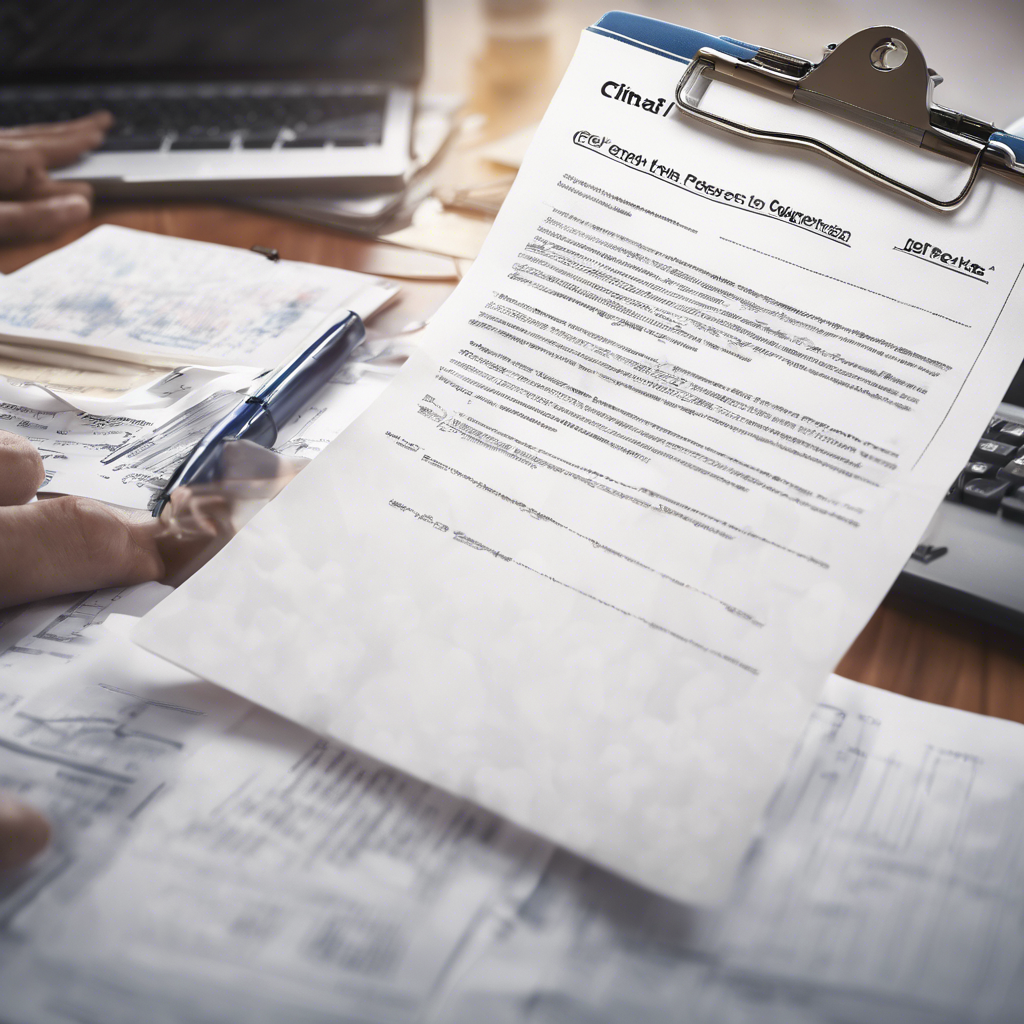The Ultimate Guide to a Successful Engineering Job Interview
- The Founder
- Jul 20, 2024
- 6 min read
Updated: Apr 14

Are you ready to take the next step in your engineering career? Securing a job interview is a thrilling opportunity, but it can also be nerve-wracking. Fear not, for I am here to guide you through the essential steps to help you ace that engineering job interview! Let's dive into some key strategies and tips that I have learned the hard way during the hundreds of interviews that I have been to.
1. Research and Prepare Your Questions
Before the interview, it's crucial to research the company and industry thoroughly. Be prepared to ask insightful questions that demonstrate your genuine interest and understanding of the organization. Create a list of questions that you may want to pose to the employer, showing your enthusiasm and engagement with the role. Here are an example of questions you could ask:
Which projects they are currently working on within the company?
How often do the interviewers get to travel to international clients or projects?
Do they provide mentorship to get professionally registered to institutions like the IMechE?
Ask them if they are utilising an emerging technology that interests you. For example, let's say you love Augmented Reality. Ask them if the company is taking steps towards implementing Augmented Reality into their design teams.
Ask them about a new partnership they've announced and how their teams are working together to deliver the project.
Ask them about a problem you've noticed during your research of their products that you want to know if they account for in their products. For example, let's say they make rigs in the ocean and you want to know if they account for tsunamis. Use your unique interests here!
Ask them how they manage their team workloads. How do they make sure teams are not over or under loaded with tasks?
If you have certain family duties that may sometimes get in the way of work-life, ask them how about the companies culture on work-life flexibility.
Have these questions and some more specific ones prepared on an A4 piece of paper in front of you. I have done this both during in-person meetings and video call meetings, so don't feel ashamed to bring your questions with you! The people interviewing you are just employees as well. Talk to them honestly about life at the company for them. The example questions above should give you a head start in stimulating what kinds of questions you could be asking interviewers.
Remember that it is not just you being interviewed. This is your chance to talk to employees that will represent the types of people you will be teaming up with at the company. You want to make sure these people are kind, understanding, professional, and enjoy their jobs.
2. Anticipate and Practice Common Interview Questions
One of the best ways to prepare for an engineering job interview is to anticipate the questions that might be asked. Think about your experiences, technical skills, and achievements that align with the job requirements. Practice articulating your responses concisely and confidently. Here are some questions you should anticipate to answer
Could you define this industry keyword / method of analysis and give an example of the process?
Tell us about your past experiences with this type of designing, this material, this manufacturing method, or method of analysis.
Here is a scenario you could encounter during your job role:
Tell us what you would do differently?
Tell us what tools (either methods, software, optioneering workshops etc) you would use to come up with a solution?
Can you identify the problems with this scenario?
Tell us how you have used a certain British Standard or industry regulation?
Tell us about a time where you were faced with a team member that acted unprofessionally towards you and how you responded?
How do you see yourself progressing in this company? Which skills do you want to develop more of?
Again, do not feel ashamed to bring bullet point notes of your answers to these questions with you. Though, you want to have read them enough that it is second nature in your brain. Sometimes we have blank minds though and it is better to look down for a quick reminder than to say you forgot. You want all these questions that you will ask and that they will ask on just one side of A4 paper by the way. Do not write multiple pages or an essay. You don't want to be reading during the interview, you want to be able to glance at the answer and be reminded instantly. Having answers to the questions above applied to the specific Engineering specialism and Industry you are applying for will stand you in good stead for any interview.
Interviewers asking you why you are leaving your last role are usually negative people trying to sabotage you. Whether you were made redundant, fired, just wanted a pay raise, just looking for a more senior role, felt underappreciated, or just wanting to be somewhere new, it is not their business. Their job is to decide if you can get the job done and are a professional person to communicate with. If they ask you this question, just say you are really interested in the projects at this company.
It is also important to note that as you gain experiences, interviews become a lot simpler. Starting out will be the hardest questioning you will ever get in your career. By 5-10years into your career, questioning becomes easier. They know you have been working for many years, they know you can do the job as you have had the role for many years, they just need to hear you say all back to them at this point. The Psychometric testing big companies give graduates are so abstract that it is just a fancy way to reject large numbers of applicants randomly. As i can atest to the fact that people passing these psychometric tests are definitely not always the best person for the job. I have never passed any psychometric test given to me, even though I graduated with a First Class Masters Degree, by large companies when I was starting out and yet, I have surpassed everybody that I graduated with.

3. Understand the Role and its Keywords
Familiarize yourself with the keywords commonly used in the engineering industry and the specific specialism of the role you are applying for. Be ready to incorporate these keywords seamlessly into your answers during the interview. Understanding the role thoroughly will help you tailor your responses effectively. I must say keywords in nearly every post I make. I can't STRESS to you the importance of knowing the keywords for your industry and role! Examples of keywords:
Names of methods of analysis and processes.
Relevant government regulations and industry standards.
Use of correct terminology. For example, you don't close a valve, you shut a valve.
Names of emerging technology or techniques being used in your industry.
Relating to a common experience. For example, including that you know a certain manufacturing method commonly causes problems during build and how you can improve, mitigate, or monitor that.
Utilising industry trends and Best Practice like using:
Best Available Techniques (BATs)
Relevant Good Practice (RGP)
Operational Experience (OPEX)
Subject Matter Experts (SME)
Suitably Qualified and Experienced Person (SQEP)
Knowing these keywords are half the battle! From here of course, you need to be able to elaborate upon them and use them correctly but most of the time people elevate their view of your competency as an Engineer just from picking up on these keywords that you incorporate into your responses. If you can skillfully drop keywords into all your interactions with technicians, team members, senior management, and interviewers alike, the world will be yours.
4. Showcase Your Experiences
During the interview, be prepared to discuss your previous experiences, projects, and accomplishments. Highlight your problem-solving abilities, teamwork skills, and any notable achievements that are relevant to the position. Make sure to communicate your value clearly and concisely.
5. Maintain a Positive Attitude and Enthusiasm
Remember, attitude is everything! Approach the interview with confidence, positivity, and enthusiasm. Show your passion for engineering and convey your eagerness to contribute to the organization. A positive attitude can leave a lasting impression on your interviewers.
Conclusion
Preparing for an engineering job interview requires a blend of research, practice, and confidence. By following these tips and strategies, you can enter the interview room with poise and readiness. Remember to be yourself, showcase your skills, and demonstrate your passion for engineering. With the right preparation and mindset, you can impress your potential employers and land your dream engineering job!
Are you ready to ace your next engineering job interview? Let's embark on this exciting journey together and secure the career opportunity you deserve! Good luck!
** Disclaimer: The opinions expressed by the author of this post, on this blog and community are solely his own and do not reflect the views of any past, present, or future employers or any other organisations with which he is associated. The content here is provided for informational purposes only and is not intended as professional advice. **






Enthusiasm is a fun topic to brainstorm.